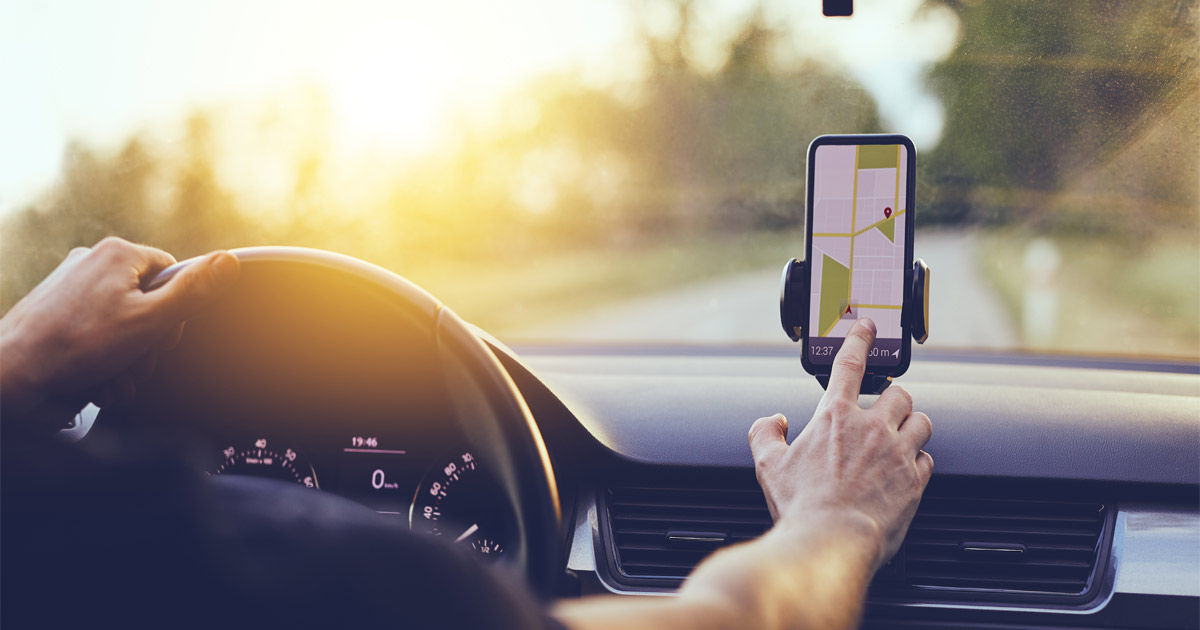Are Rideshare Drivers Eligible for Unemployment?

On July 24th, the Pennsylvania Supreme Court ruled that a rideshare driver was legally entitled to unemployment benefits, even though he was previously disqualified because he was considered self-employed. In a groundbreaking opinion, the Court held that because Uber controlled and directed the performance and services of a driver-for-hire, he was not establishing an independent business and therefore could not be considered self-employed. This case marks one of the few instances in which a higher court has closely examined the employer-employee relationship between a rideshare driver and the rideshare company.
Facts in the Case
Donald Lowman lost his job as a behavioral health specialist during the summer of 2015. While his application for unemployment compensation was pending, he signed a services agreement with Uber. He began using Uber on July 1, 2015, and thereafter earned between $15 and $22 per hour, bringing in approximately $350 per week. As required by Pennsylvania’s unemployment laws, he reported his earnings to the Unemployment Compensation Service Center. On August 17, 2015, the service center issued a Notice of Determination finding that Lowman’s driving rendered him ineligible for continued benefits because he was considered self-employed.
Lowman appealed the decision and was again denied benefits. He subsequently filed a petition for review in the Commonwealth Court in 2016. The Court reversed the previous decision, concluding that Lowman was not self-employed. The case moved on, eventually reaching the Pennsylvania Supreme Court, which issued the final ruling.
The Court Examines the Definition of Self-Employment
An amendment added to Pennsylvania’s unemployment laws in 1959 states that an employee shall be ineligible for compensation for any week in which he is engaged in self-employment. In Lowman v. Unemployment Compensation Board of Review, the Court closely scrutinized the relationship that Uber had with its drivers to determine whether they were independent contractors. The wording of the opinion focused on the issue of control. Although Mr. Lowman used his own car and cellphone, and was responsible for his own maintenance, the Court found that he did not have control over his work for the following reasons:
- Uber established the rates that drivers charged
- Uber tracked the movements of its drivers using GPS technology
- Uber closely monitored the work of its drivers
In essence, Uber controls its drivers much like a manager exerts control over employees in an office.
Partial Victory for Gig Workers
The Court’s ruling set the stage for further advancement for the rights of gig workers in Pennsylvania. Although it does not automatically make them eligible for unemployment, it does open the door for appeals if they are denied benefits. The ruling did not address larger issues, such as whether Uber drivers should be classified as full-fledged employees entitled to health insurance, Workers’ Compensation, minimum wage, overtime, and paid sick leave. However, this decision marks a turning point when viewed in context with other legal decisions, such as California’s recent law that made it more difficult for rideshare companies to classify their drivers as independent contractors.
Philadelphia Employment Lawyers at Sidkoff, Pincus & Green P.C. Continually Monitor Legal Cases Addressing Employer-Employee Relationships
Terminated workers who attempt to make ends meet by driving for rideshare companies may not know that this could disqualify them for unemployment benefits. The Philadelphia employment lawyers at Sidkoff, Pincus & Green P.C. continually monitor the evolving legal landscape of employment law to provide skilled counsel to workers and businesses. If you have an employment question, call us at 215-574-0600 or contact us online. Located in Philadelphia, we serve clients throughout Pennsylvania and New Jersey.













